From the publisher’s description: “One thousand years from now, a small religious community lives in what were once the fens of eastern England. They are perhaps the world’s last human survivors. Now they find themselves stalked by a force that draws ever closer, and that seems to have brought them to the brink of extinction. A force that offers them a promise and a threat: a place called Alexandria.”

How should I review this work of art? I think it’s best that I don’t, as such, and leave the artistry to the beholder. I was open to the novel’s power because I agree with its premise, and it’s always nice to see one’s philosophy encapsulated in art. But the main theme is so elemental and so well executed that readers don’t need to be prepared in any way in order to enjoy this story. I should also note that Paul Kingsnorth’s other recent book, his internal crisis memoir, Savage Gods (2019), allows us to infer that the completion of Alexandria coincided with that crisis and in addition, his recent posts suggest that he has in fact already moved to a new phase in his life and writing. As he wrote in Savage Gods, “I regret every word I have ever written, and every word I will ever write. And I stand by all of it.” It seems certain to me that Alexandria marks the turning point in the author’s career.
The backdrop for the novel is our world about a thousand years from now, some 900 years beyond the collapse of human civilization. Thankfully, the environmental basis for that collapse is explored in sufficiently satisfying detail. The clarity with which the evil antagonist describes humanity’s planet-changing genetic flaws provides closure for long time “honest environmentalists” like me, while leaving plenty of room to scoff at his sales pitch: eternal life in virtual reality. In the other corner, we have a few humans, perhaps the last few, trying to live in harmony with the planet.
We here in the present have entered a new age, a feeling so strong for many of us that indeed the time is ripe for a story of mythological import such as we find in Alexandria. With scientific understanding incrementally failing as a socially organizing principle, we’re ready to be re-introduced to the idea of religion as way of life, in contrast to today’s view of it as mere “spiritual booster shot.” Is the power of belief indeed stronger than understanding in humans? Which way leads to wisdom? And has the author thereby exposed another fatal flaw, one that has been and will continue to be used by some humans against the rest of humanity? (And someday perhaps by non-humans?) Whether or not belief represents a human flaw, the novel shows us why it’s essential for human life.

Alexandria gives us a vision of people practicing a sedentary way of life without agriculture, rich in their sense of place within nature and all its non-human life. Would it be enough? At least we can see how, in the deep past, the primal, uncorrupted human species could have thrived for hundreds of thousands of years. Individual human beings’ insatiable lusts, whenever surfaced, would’ve been seen by others as a clear sign of selfishness and weakness, therefore a danger to the group and thus suppressed. Compare that with today’s outright encouragement of “civilized” liberating impulses.
An important aside: Alexandria certainly isn’t trying to save us from ourselves, but for those tempted to see such a model here, we can’t forget the inevitability of human development of agriculture in the past. Per Jared Diamond in Guns, Germs and Steel, “food production evolved as a by-product of decisions made without awareness of their consequences”, and he describes the blurring of hunter-gathering vs. farming as some groups became sedentary without adopting farming and others became “mobile food producers”, while still other hunter-gatherers actively managed areas to increase wild yields while not actually farming. And finally, “Even in the cases of the most rapid independent development of food production from a hunter-gathering lifestyle, it took thousands of years to shift from complete dependence on wild foods to diet with very few wild foods.” And so humanity’s hunter-gatherer stage, though impressively long lasting, was indeed doomed by our genetic code. Of course, only unrecovered environmentalists need reminding of that.
In the end, I think this story anticipates the distant future far too closely for comfort. As I wrote years ago, humanity is circling the wagons now and simply won’t tolerate these skilled examinations going forward. It’s just not good for business. And so this novel won’t be well promoted and it seems to me that the author might be fine with that. Something about the truth setting you free…
DOUG MEYER is the Zephyr’s ‘Colorado Plateau Chief.’ Doug is living proof that with good health and proper understanding, one only needs a salary for about half a normal career. He moved to Flagstaff in 1991 to learn how to live a life primarily to wander the deserts and high country of the Colorado Plateau, without earning income from that practice. He and his partner Carme share a home northeast of town, utterly enjoying being locked down away from the crowd.
You can read more of his essays for the Zephyr HERE.
You can purchase Paul Kingsnorth’s Alexandria, via the Publisher’s website, HERE.
To comment, scroll to the bottom of the page.
Zephyr Policy: REAL NAMES ONLY on Comments!
Don’t forget about the Zephyr ads! All links are hot!



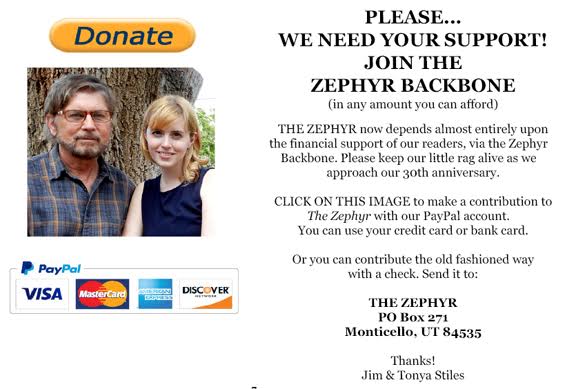

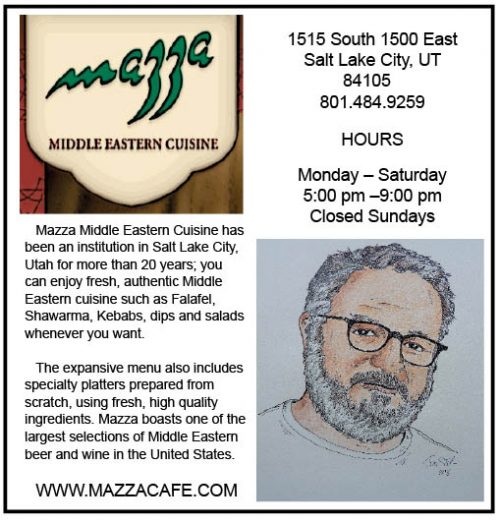
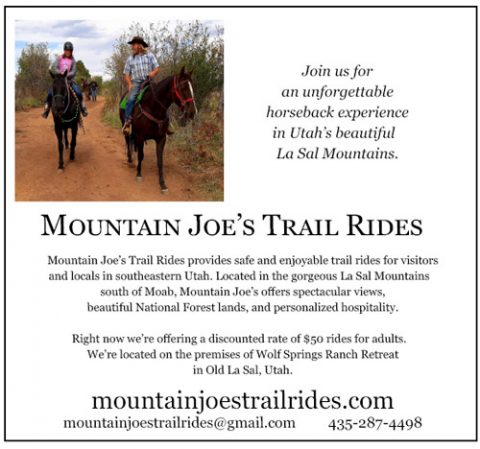
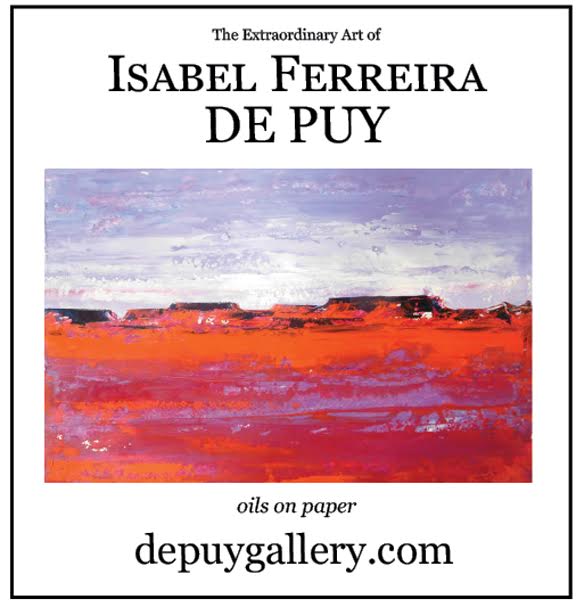
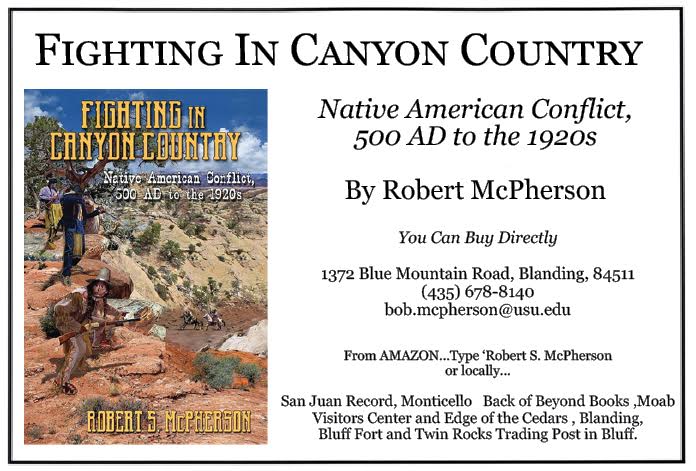
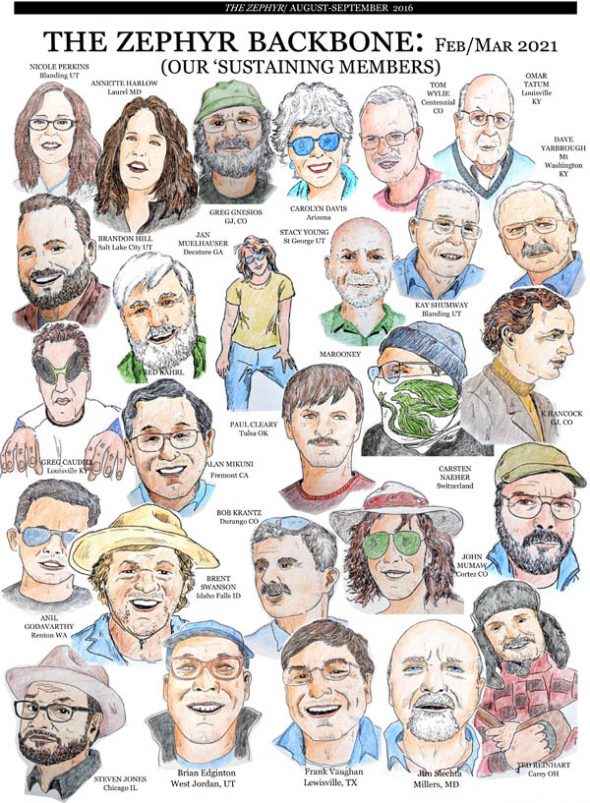
well, heck! i’ll get a copy and read this ! (thanks for the introduxion)